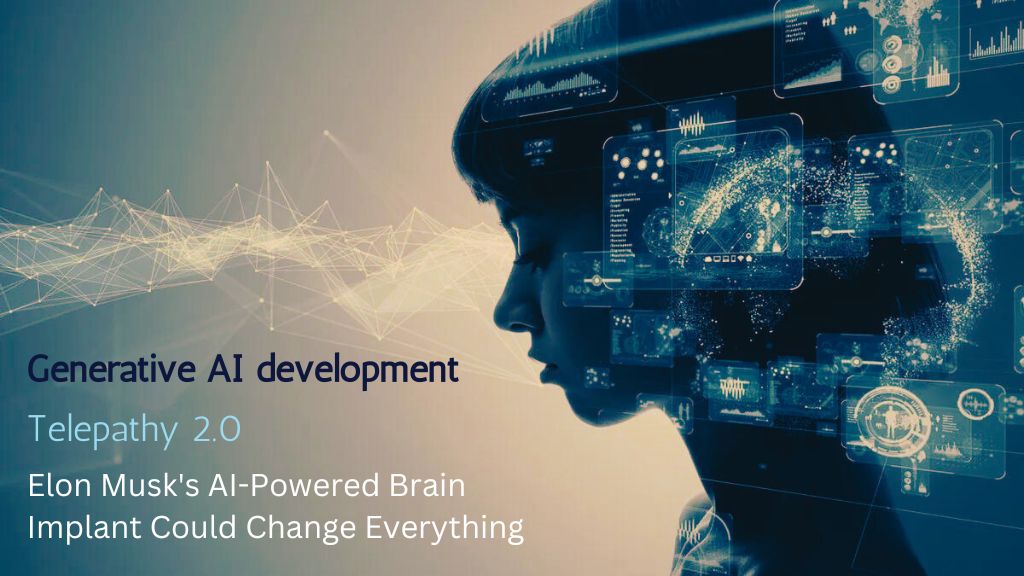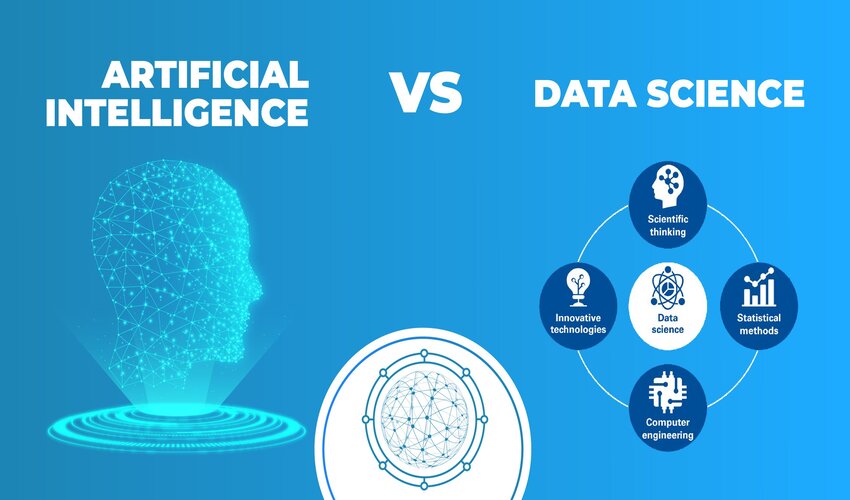Introduction
The adoption of technology in healthcare over the last few years has resulted in amazing advancements. particularly in the context of Applied Behavior Analysis (ABA) treatment for autistic people. Artificial Intelligence (AI) is at the forefront of this revolutionary adventure.
One of the main figures greatly advances these developments. The purpose of this paper is to analyze how AI is essential to improving ABA therapy. shedding light on the ways that cutting-edge technologies are transforming and altering interventions for individuals with autism spectrum disorders.
Understanding ABA Therapy
Before delving into the impact of artificial intelligence (AI). Understanding the fundamentals of Applied Behavior Analysis (ABA) treatment is crucial. ABA is a methodical, empirically supported methodology aimed at improving socially relevant behaviors. This approach is especially important for treating autism spectrum disorders.
Especially on the use of focused behavioral interventions to mitigate problematic behaviors and reinforce positive ones. Having a firm foundation in these essential elements allows for appreciation. The effect of AI in enhancing ABA therapy for people with autism spectrum disorders.
The AI Advantage in ABA Therapy
Artificial Intelligence, with its ability to analyze vast datasets and adapt in real time, brings a new dimension to ABA therapy. Here’s how AI is making a significant difference in the lives of individuals with autism:
Personalized Treatment Plans
Personalized treatment plans can be created thanks to AI algorithms’ capacity to process and interpret unique data. This technology innovation enables ABA therapists to consider their unique strengths. Through the utilization of this customized methodology, therapists can create therapies that are not only more successful. But also more suited to the unique requirements of the patient receiving ABA therapy. These treatment plans’ customized format is a big step toward improving the results. experiences specific to people with autism spectrum disorders.
Predictive Analytics for Behavior Patterns
Let us now discuss the wonders of machine learning algorithms. These clever algorithms can identify patterns in behavior with amazing accuracy. Sort of like mental investigators. What does this signify for ABA practitioners? It simply implies that they can anticipate problems and take action to solve them before they arise. In treatment, it’s like having a superpower! Not only is this predictive analytics method amazing. It is a game-changer, facilitating interventions and providing immediate support to individuals with autism precisely when they need it.
Data-Driven Decision-Making
AI facilitates precise data collection and analysis, empowering ABA therapists to make informed decisions based on real-time information. This data-driven approach enhances the overall effectiveness of interventions, leading to more positive outcomes for individuals undergoing ABA therapy.
Virtual Assistants for Skill Development:
The use of virtual assistants powered by AI can engage individuals with autism in interactive and personalized skill-building activities. These virtual tools create a dynamic and engaging learning environment, fostering skill development in a way that resonates with the individual.
Natural Language Processing for Communication Enhancement:
Let’s examine Natural Language Processing (NLP), another intriguing aspect of AI in ABA therapy. Think of this as a digital version of a language wizard. NLP algorithms possess a unique skill. They can assist those with autism in improving their communication abilities. How? NLP-based virtual communication tools, however, work magic in real-time. They make language learning fun and incredibly successful by providing immediate feedback. It’s like always having a language tutor at your disposal. Fostering the development of communication abilities interestingly and encouragingly.
Gamification in ABA Interventions:
Integrating gaming elements into ABA interventions has proven to be a successful strategy, capturing the attention and interest of individuals with autism. AI-driven gamification adapts to the user’s progress, maintaining engagement and motivation throughout the therapy process. This approach not only enhances the learning experience but also promotes sustained participation.
Challenges and Ethical Considerations
As we explore the integration of Artificial Intelligence (AI) into Applied Behavior Analysis (ABA) therapy, we encounter both vast opportunities and critical challenges. Key considerations include ensuring data privacy, addressing algorithmic biases, and maintaining a human-centric approach. Safeguarding sensitive information, mitigating biases, preserving empathy, promoting transparency, and establishing regulatory standards are crucial steps in navigating this transformative journey responsibly.
The Future Landscape of AI in ABA Therapy
Looking ahead, the intersection of AI and ABA therapy promises to see fascinating advances as long as technology continues to advance. Innovations like AI-driven social skills training and emotion identification technology are being explored by researchers and practitioners. Taking our interventions to the next level and increasing their impact and effectiveness is the aim. As we continue to push the frontiers of innovation in the field of autism therapy. The future is filled with opportunities.
Conclusion
Finally, the collaborative nature of artificial intelligence. In the treatment of autism, ABA therapy is making progress. ABA therapy is changing as a result of AI’s prowess at personalization, behavior prediction, and data-driven decision-making. We must accept these technological advances responsibly as we move through this frontier.
Ensuring AI is in line with the moral and humane treatment of autistic people. As we use AI’s capabilities to create more inclusive and successful ABA interventions, the future looks bright. improving the lives of those on the autistic spectrum in the end.
Author Bio:
Hi, I’m David, bringing six years of expertise in ABA Therapy. Passionate about making a positive impact, I’ve dedicated my career to enhancing lives through evidence-based interventions. Committed to continuous growth, I thrive in the dynamic realm of autism intervention.
















Leave a Reply